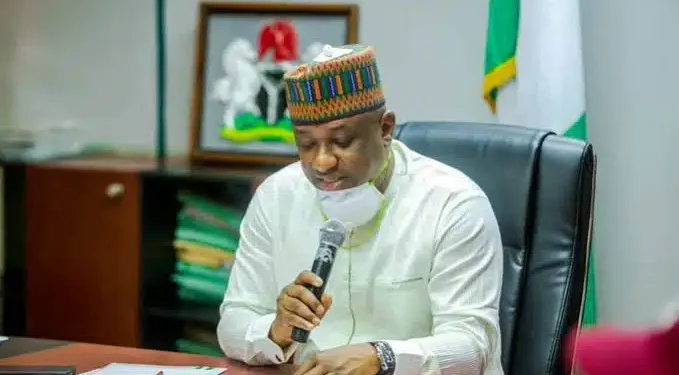Nigeria’s Minister of Aviation and Aerospace Development, Festus Keyamo, has alleged that private jet operators have been conducting unauthorized charter services for over 40 years, leading to massive revenue losses and posing serious security risks.
Speaking at the 2025 ministerial press briefing in Abuja on Thursday, Keyamo revealed that a special task force established under his administration uncovered widespread violations in the use of private jets, which have cost the federal government an estimated ₦100 billion over the past decade.
“We inherited a major challenge upon assuming office, and we are determined to confront it directly—the rampant misuse of private jets for illegal charter services,” Keyamo stated.
“For years, these aircraft have operated without proper oversight, engaging in activities that deprive the government of substantial revenue.”
The minister noted that when he initially sought to address the issue, many discouraged him, warning that he would be up against powerful individuals. “People told me, ‘Minister, don’t bother. These are the so-called big men who own Nigeria; you won’t be able to tackle them.’ But I refused to look the other way,” he said.
Keyamo explained that some private jet owners have been evading higher regulatory fees by acquiring Private Non-Commercial Flight (PNCF) licenses intended strictly for personal or corporate use while secretly using their aircraft for commercial charter operations.
“There is a clear distinction between private and commercial operations,” he emphasized. “A PNCF license is significantly cheaper because it is meant for private use transporting company executives, family members, or for personal business travel. However, those offering charter services for a fee must obtain a different, costlier license.”
According to Keyamo, private jet operators have been exploiting this loophole to run commercial flights illegally, thereby defrauding the government of revenue. He also expressed grave concerns about the security risks involved, citing instances where private jets embarked on international charter flights without proper documentation or full passenger manifests.
“In some cases, authorities are unaware of who or what is being transported,” he warned. “This presents a serious security threat, and we cannot allow such practices to continue.”
Keyamo disclosed that among the recommendations made to tighten security measures was the possible temporary shutdown of the General Aviation Terminal (GAT), which serves private charter flights, to facilitate a security overhaul. While shutting down the commercial section of the terminal is not feasible, he assured that reforms would be implemented to enhance oversight without disrupting passenger movement.
Reaffirming the government’s commitment to enforcing regulations, he stated, “The President has given us full authority to address this issue. No matter who is involved, the law must take its course.”

















